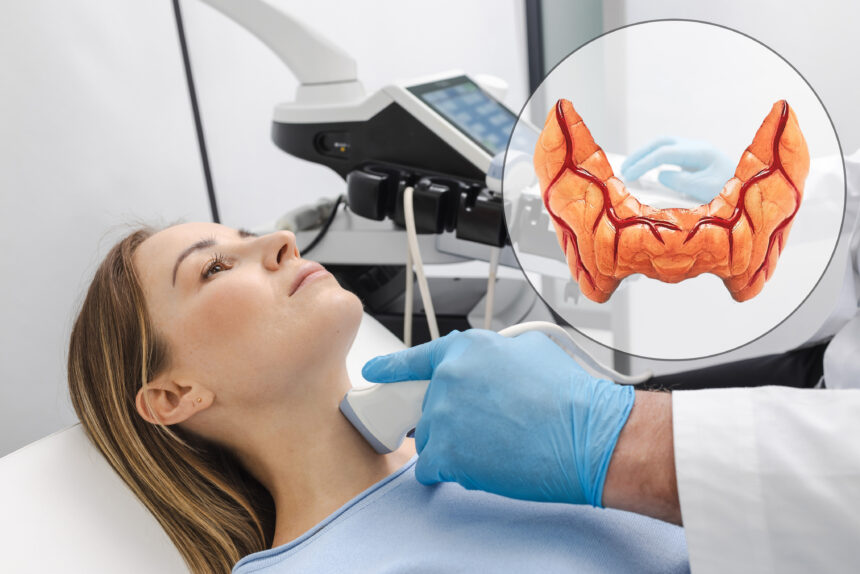A Master’s Program in clinical nutritionis designed to equip graduates with advanced knowledge and applied skills that directly impact patient health, wellness, and overall medical care. This graduate-level training provides a bridge between nutrition science and clinical application, preparing students for diverse roles in hospitals, private practice, research institutions, and community health initiatives. The curriculum emphasizes evidence-based practice, critical thinking, and practical competencies that are essential for today’s health care professionals.
- Foundational Knowledge in Nutrition Science
- Clinical Assessment Skills
- Medical Nutrition Therapy Competence
- Research and Evidence-Based Practice
- Communication and Counseling Abilities
- Leadership and Professional Development
- Specialized Knowledge in Disease Prevention and Public Health
- Interdisciplinary Collaboration
- Cultural and Behavioral Understanding in Nutrition
- Technology and Nutrition Informatics
- Critical Thinking and Problem-Solving
- Integration of Health Education, Research, and Care
- Preparation for Professional Credentials and Licensure
- Conclusion
Foundational Knowledge in Nutrition Science
At the core of a master’s program lies an advanced understanding of nutrition science. Students explore how nutrients interact with the human body, how deficiencies or excesses contribute to disease, and how tailored nutritional strategies can enhance health outcomes. The program builds on undergraduate knowledge, expanding it into complex areas such as nutrient metabolism, biochemical pathways, and clinical dietary interventions.
This foundation is crucial, as it enables graduates to interpret and apply research findings effectively. The skill of integrating biochemical and physiological knowledge with patient care is one of the most important abilities developed throughout the program.
Clinical Assessment Skills
One of the most significant skills gained is the ability to conduct detailed nutritional assessments. Students learn how to evaluate a patient’s nutritional status through diet histories, anthropometric measurements, and laboratory tests.
They are trained to identify nutrient deficiencies, caloric imbalances, and risk factors for chronic diseases. These assessments serve as the basis for personalized nutrition plans that improve patient outcomes. By practicing these techniques during coursework and clinical training, students develop the expertise needed to apply them confidently in real-world health care environments.
Medical Nutrition Therapy Competence
Medical Nutrition Therapy (MNT) is a central element of clinical nutrition practice. Through a master’s program, students gain proficiency in designing therapeutic diets for patients with a wide range of medical conditions such as diabetes, cardiovascular disease, kidney disorders, gastrointestinal illnesses, and cancer.
This skill goes beyond providing general dietary advice. It involves crafting nutrition interventions that complement medical treatments, alleviate symptoms, and promote recovery. The ability to use food as a therapeutic tool positions graduates as essential members of interdisciplinary health care teams.
Research and Evidence-Based Practice
Another core skill developed in a master’s program is the ability to critically evaluate and apply scientific research. Students study advanced research methodologies, statistical analysis, and evidence-based guidelines.
Many programs include a thesis or capstone project, giving students the opportunity to contribute original research to the field. This experience not only enhances their analytical abilities but also prepares them to remain current in a field where knowledge and best practices continually evolve.
By mastering evidence-based practice, graduates can design interventions that are grounded in reliable science, ensuring that patients receive the highest standard of care.
Communication and Counseling Abilities
Effective communication is essential for translating complex nutrition science into practical advice that patients can understand and follow. A master’s program provides training in counseling techniques, motivational interviewing, and patient education strategies.
Students learn how to build rapport with patients, encourage adherence to treatment plans, and address barriers to dietary change. These skills are particularly important in clinical nutrition, as success often depends on patient cooperation and lifestyle modifications.
Strong communication skills also enable graduates to work effectively with physicians, nurses, and other health professionals, ensuring that nutrition recommendations are seamlessly integrated into overall care plans.
Leadership and Professional Development
Graduates of a master’s program often pursue leadership roles within health care organizations, research institutions, or academic settings. The curriculum includes training in management, ethics, and professional practice standards.
Students learn to lead teams, supervise staff, and contribute to policy development related to nutrition services. This leadership training ensures that graduates can influence the direction of patient care and advocate for the role of nutrition within the broader health system.
Specialized Knowledge in Disease Prevention and Public Health
Beyond treating disease, clinical nutritionists also play a key role in prevention. Master’s programs emphasize the importance of dietary strategies in reducing the risk of chronic illnesses such as obesity, hypertension, and type 2 diabetes.
Students study epidemiology and population health trends, learning how to design community-based nutrition programs that address widespread health challenges. By integrating public health perspectives with clinical practice, graduates are able to contribute to both individual patient care and population-level wellness initiatives.
Interdisciplinary Collaboration
Health care is increasingly team-based, requiring collaboration among different professionals. During a master’s program, students gain experience working alongside medical, nursing, pharmacy, and public health students. This interdisciplinary training fosters respect for other roles while clarifying the unique contributions of nutrition science.
Through group projects, case studies, and clinical placements, students develop the ability to work effectively within teams. This collaboration ensures that nutrition strategies are aligned with other aspects of medical treatment, leading to better patient outcomes.
Cultural and Behavioral Understanding in Nutrition
Nutrition is deeply connected to lifestyle, traditions, and behavioral habits. A master’s program trains students to understand how these factors influence dietary choices and adherence to nutrition recommendations.
This skill is particularly important in tailoring interventions that are practical, realistic, and culturally appropriate. By considering behavioral influences on nutrition, graduates are better equipped to help patients adopt sustainable dietary changes.
Technology and Nutrition Informatics
Modern nutrition practice increasingly relies on technology. Students gain exposure to electronic health records, data analysis software, and nutrition informatics systems. They learn how to use technology to track patient progress, analyze outcomes, and manage clinical data effectively.
Some programs also provide training in emerging fields such as telehealth and mobile nutrition applications, expanding the ways in which graduates can deliver care. Mastery of these technological tools enhances efficiency and broadens the reach of clinical nutrition services.
Critical Thinking and Problem-Solving
Clinical nutrition often involves complex cases where patients present with multiple health conditions, dietary restrictions, or treatment challenges. A master’s program emphasizes critical thinking, teaching students to analyze problems, weigh alternatives, and develop creative solutions.
This problem-solving skill ensures that graduates can adapt their approaches to meet unique patient needs. Whether addressing complications in medical nutrition therapy or designing individualized dietary strategies, critical thinking is an indispensable competency.
Integration of Health Education, Research, and Care
Institutions such as UNT Health Fort Worth highlight the importance of integrating health education, health research, and health care within nutrition training. These three pillars reflect the comprehensive approach required to prepare professionals who can advance knowledge, apply science to practice, and directly improve patient well-being.
By aligning education with research and clinical service, graduates are trained to excel not only as practitioners but also as contributors to the future of health care innovation.
Preparation for Professional Credentials and Licensure
Many graduates pursue credentials such as becoming a registered dietitian nutritionist, which requires supervised practice and successful completion of a national exam. Master’s programs often incorporate exam preparation and provide the necessary clinical hours to meet credentialing requirements.
This integration of academic learning with professional certification pathways ensures that graduates are ready for immediate employment and advancement in the field.
Conclusion
A Master’s Program in Clinical Nutrition provides students with a broad and sophisticated set of skills that extend far beyond classroom learning. From advanced knowledge in nutrition science and medical nutrition therapy to counseling, leadership, and research abilities, the program equips graduates for meaningful careers in health care.
The integration of technology, critical thinking, and interdisciplinary collaboration further enhances their capacity to address complex health challenges. By mastering these skills, graduates emerge as health care professionals capable of improving individual lives and contributing to the well-being of entire populations.
Ultimately, the program fosters professionals who are not only competent clinicians but also leaders, researchers, and educators dedicated to advancing the role of nutrition in medicine and public health.














